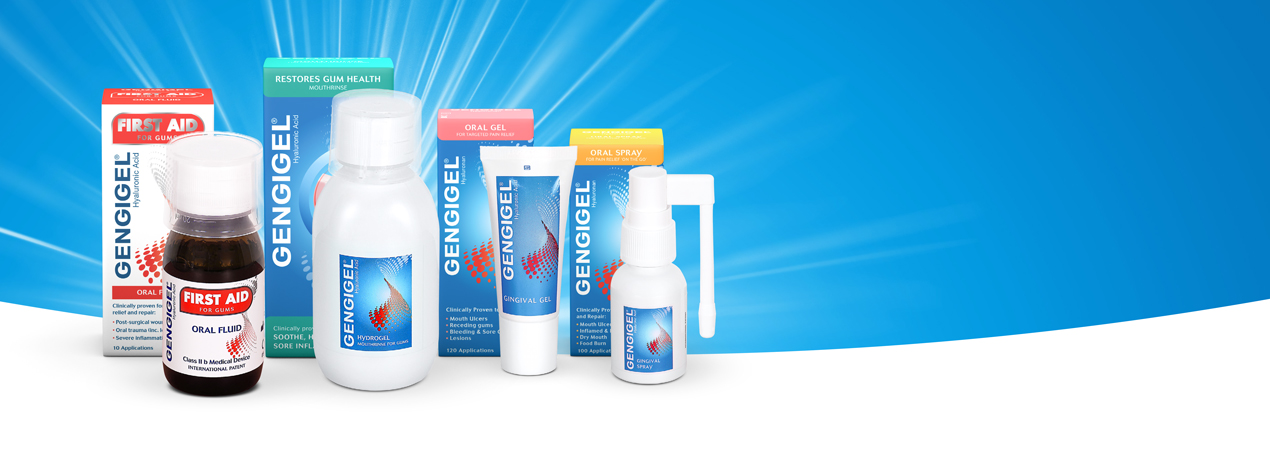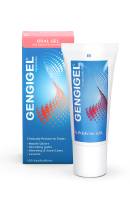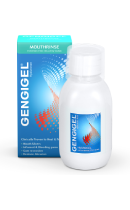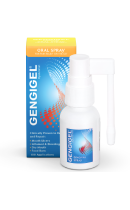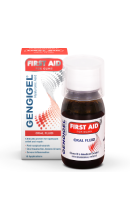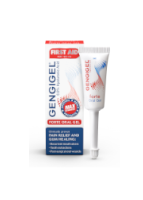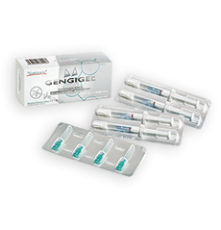Tooth Extraction/Dry Sockets
What is a dental or tooth extraction?
A dental extraction, also referred to as tooth extraction, is the removal of teeth from the dental socket in the jaw bone. Teeth are removed for a variety of reasons including those that cannot be restored through periodontal disease, dental trauma or tooth decay. Other reasons include needing to create space for new teeth or having impacted wisdom teeth.
What is a dry socket?
Dry socket is a rare painful condition that sometimes occurs after a tooth is extracted and caused by an early loss of blood clot from the extraction sight which leaves the bone and nerve exposed.
What are the symptoms and how do you avoid dry socket?
A dry socket is characterised by dull throbbing pain, which may radiate to the ear and present itself several days following an extraction.
To prevent dislodging the blood clot from the extraction site avoid rinsing the mouth, spitting or using straws within the first 24 hours after tooth removal. To reduce further complications people should not smoke for at least 10 days after surgery.
What are the signs of an infection after a tooth extraction?
- Bad breath
- Bitter taste in the mouth
- Fever
- Pain
- Sensitivity of the teeth to hot or cold
- Swollen glands of the neck
- Swelling of the gum
- Swelling of the jaw
Can I brush my teeth after having a tooth extracted?
It is important to keep the mouth clean, however do not rinse the area for the first 24 hours to allow the socket to heal. It is also key to avoid infection by not eating on the side where the tooth has been removed or brushing the tongue over the affected area.
Gently brush the teeth the night of surgery but avoid the extraction site. The day after surgery it is recommended to rinse using warm water and salt up to 5-6 times a day, especially after eating. Using Gengigel Mouthrinse will help restore healthy gums. The Gengigel Mouthrinse has no contra-indications and tastes much more pleasant than salt.
What can I take to manage pain and soreness?
It is usual to experience some tenderness in the affected area for the first few days, and in most cases commonly used pain killers should be sufficient enough to ease the discomfort. However, do not take aspirin as this will make the mouth bleed.
In the event of infection it is likely that a course of antibiotics will be prescribed. Dry socket can be painful so take preventative measures to avoid unnecessary discomfort. Using Gengigel Mouthrinse the day after the extraction at least 4 times a day will help restore healthy gums and reduce inflammation and pain. Use the mouthrinse in between salt-water rinses.
What can be done to help the healing process?
- Sleeping with the head elevated could help reducing the bleeding and swelling.
- Until the anaesthetic wears off avoid eating hot food and drinks as the mouth may burn or scold.
- Be careful not to chew the inside cheek, which is a common problem while the mouth is numb.
- Applying ice to the face in the area of the surgery for a period of 20 minutes on and 20 minutes off, for the first few hours after the surgery, will help reduce swelling.
- Avoid hard or crunchy foods for 2 weeks or until the sockets have healed.
- Do not rinse or spit for the first 24 hours.
- Do not use a straw for drinking.
- Avoid chewing food on the side of the mouth where the extraction was done.
- Do not smoke, certainly for the rest of the day but for at least 10 days following extraction.
- Asthma sufferers should avoid Ibuprofen-based pain relief.
- If there is any bleeding, do not rinse but bite firmly on folded clean cotton (like a handkerchief) to put pressure on the socket for about 15 minutes.
- If diabetic, maintain your caloric intake and take medication as usual.
- People taking medications to relieve pain or other drugs that may impair reflexes should not operate machinery, cars, etc., while taking these drugs.
- Avoid alcohol for at least 24 hours as this can also encourage bleeding and delay healing.
- Take a Vitamin C supplement to help with the healing process.
- It will be beneficial to exercise the jaw by chewing sugarless gum starting 24 hours after the extraction.
- Avoid vigorous exercise for a few days after surgery.
- Healing will occur more rapidly when good oral hygiene is maintained.
- Apply Gengigel Gel to the lips to prevent the lips or corners of the mouth cracking and inside the mouth to reduce the sensation of dry mouth.
- Use Gengigel First Aid on the affected area to control oral pain and inflammation with no risk of trauma and restores healthy gums.
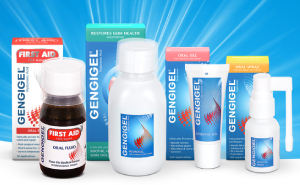 Buy Online
Buy Online

